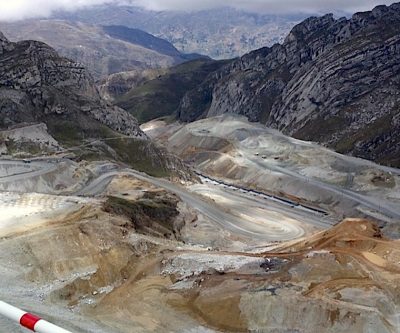Bolivia’s new mining law to move forward after deal with cooperatives
[caption id="attachment_780112" align="aligncenter" width="600"] Bolivian mining cooperatives account for about 35% of the country’s mining output.[/caption] Bolivia’s government and cooperative miners have ended a conflict over proposed changes to the Mining Act that would have banned partnerships between locals and...
You've reached your limit of free weekly articles
Keep reading MINING.COM with a TNM NEWS+MARKETS Membership.
TNM Memberships is your key to unlocking access to the best news, insights, and data in the mining industry.
Get Started with a free 45-day Trial ** Credit card required to begin free trial. Your card will be charged 45 days from signup. You will receive an email notification seven (7) days before the free trial period ends.
Already a Member?
Sign inSubscribe for Unlimited Access
Enjoy unlimited News Stories and Specialty Digests, along with Mining and Metal Market insights as part of your NEWS+MARKETS Membership. Or go even deeper with our Global Mining Data platform, TNM Marco Polo, included with your NEWS+DATA Membership.
Explore Full Membership Benefits





